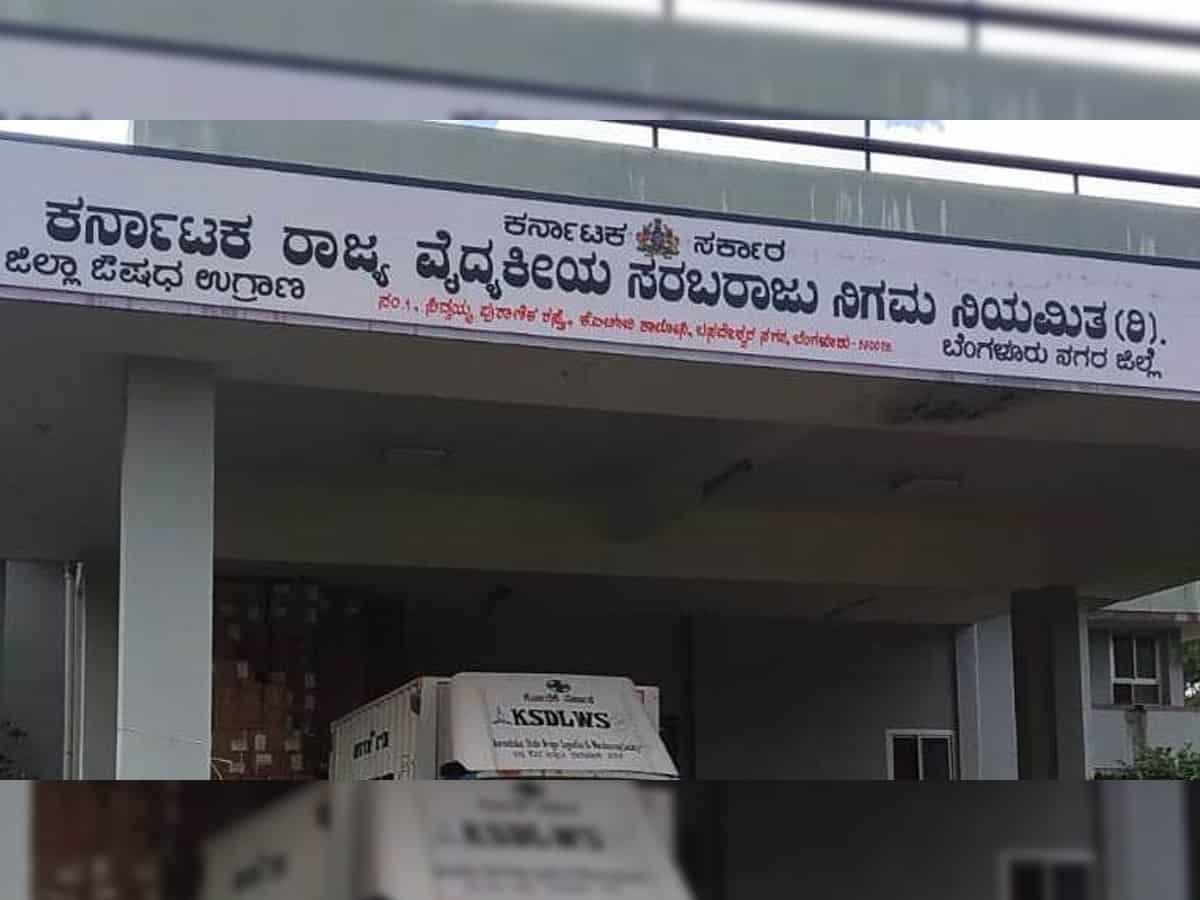
Bangalore: The Karnataka State Medical Supply Corporation Limited (KSMSCL), responsible for supplying medicines and medical equipment to government hospitals, is facing severe criticism due to delays in procurement processes. This has led to a critical shortage of life-saving drugs and other essential medical supplies, jeopardising the treatment of patients across the state.
As the last quarter of the financial year approaches, KSMSCL has not yet completed the tender process for crucial medicines, including those used for snake and dog bites, cancer treatment, and heart attacks. This lack of preparedness has placed an immense burden on poor patients who are struggling to afford expensive medications outside government hospitals.
The reason for the delay is attributed to KSMSCL’s sluggish and bureaucratic procedures. Despite receiving demands for 733 essential medicines, amounting to Rs 600 crore, the tender process remains incomplete. This is in stark contrast to previous years, where the process was usually concluded by May, ensuring sufficient stockpiles of medicines and equipment.
Furthermore, KSMSCL faces criticism for its slow bill disbursement process. Hundreds of bills remain unpaid, causing frustration among drug suppliers who are not receiving timely payments despite the 30-day rule. This hampers their ability to invest in future supplies and creates a domino effect of shortages throughout the system.
Allegations of corruption further darken the picture, with accusations of the Health Department and Directorate of Medical Education favouring specific brands of medicines and equipment through inflated prices. This practice reportedly results in losses of crores of rupees annually, diverting funds away from essential patient care.
The process of disposing of bills in the corporation is going on at a slow pace. Hundreds of bills remain unsettled. Due to this, companies that have supplied 100% of the medicines are not getting paid on time.
Drug suppliers allege that despite the rule that medicine bills should be paid within 30 days, it is being violated. “Rs 237 crore is due from the Central Government’s National Health Mission (NHM), which has been requested,” KSMCL managing director Chidananda Vatare told Siasat.com.
The balance of bills will be paid as soon as the money is received. Speaking to Siasat.com, a senior medical officer, on condition of anonymity, said that the Health Department and the Directorate of Medical Education are recommending medicine and medical equipment of their choice.
“Every year these two departments procure more than three thousand crore rupees. In this, the ‘brand’ of medicines and medical equipment of their choice is being bought on recommendation. If the material used for surgical sutures is priced at Rs 500 in the market, it could be billed for Rs 3000 in government purchases,” said the senior medical officer.
Similarly, expensive prices are being quoted for different products as well. Due to these inflated bills, the government is losing crores of rupees.
“Drugs should be procured through the tender process. As the tender processes have to be conducted as per the rules, it takes a lot of time. From next year, steps will be taken to prevent that from happening,” said Chidananda Watare, MD, of KSMCL.
The taluk and district-level hospitals in the state are also facing shortages of lung, intestine, anaemia, shingles, pneumonia, cancer, asthma, diabetes, insomnia, blood pressure, uterine bleeding, heart attack, bone, itching, fungus, migraine, ulcer, pain, vaginal infection, cold, anaesthesia, heart surgery, blood clots, and other medicines.
